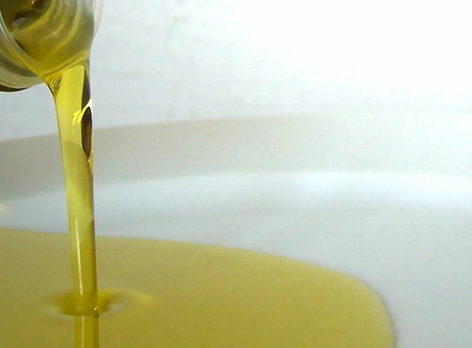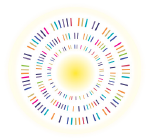Reduced fat, less fat, low fat, no fat. Every day you see the labels suggesting fat is the enemy. That’s far too simple.
You hear about high fat, low carb diets. Now you’re confused.
So where does fat fit into your life?
Why do we need fats?
Fats and oils are essential nutrients that work with proteins and carbohydrates to maintain the health and function of living organisms. High fat milk is vital during the earliest months of a baby’s development and, right throughout life, fats are necessary to maintain the body’s systems.
The nervous system, in particular, uses fats to communicate messages between the brain and the body’s trillions of cells. The brain itself is about 60% fat, and the nerve cells are coated with certain types of fat, similar to the way in which electrical wiring is insulated in plastic. If the ‘cabling’ in our bodies isn’t working properly, we feel the effects on our energy levels, moods, and metabolism.
We certainly need fats. But not all fats are the same.
Some fat facts
Fats are structured differently, and they behave and react differently – before and after they enter the body.
- Saturated fats are solid at room temperature. They are found in full fat milk, cream, cheese, yoghurt, butter and ghee (clarified butter). Coconut oil, sustainable palm oil, and cocoa butter also have a high percentage of saturated fats. They are the safest oils to use for cooking at home.
This group is often referred to as ‘good fats’. - Unsaturated fats are liquid at room temperature. There are two main types:
– mono-unsaturated fats, including oil from olives, avocados, sesame seeds, and nuts
– poly-unsaturated fats, including Omega 3 fats from fish oils, flax seed, and borage, and Omega 6 fats from cold-pressed sunflower, evening primrose, safflower, and hemp oils.
The important feature of unsaturated fats is that, when heated, they react with hydrogen in a process called hydrogenation, and can become trans fats.
Trans fats are often referred to as ‘bad fats’.
Polyunsaturated oils are commonly used in heat-processed foods, and to make vegetable shortening and margarine. It’s important to check nutrient labels for the trans fat levels, or avoid these foods. They are often sold as cooking oils, but they are very easily hydrogenised to become trans fats, and should never be heated.
But doesn’t eating fat make you fat?
Not necessarily. Fats, like all nutrients, should be taken in moderation. If you cut out fat altogether, you might lose weight at first, because you are eating fewer calories.
But apart from missing out on the benefits for your brain and nerve cells, a really low fat diet creates long-term problems. It often leads to a higher intake of carbohydrates, which will overload your body with excess sugars, and result in dangerous fat storage, and weight gain. High sugar levels also affect insulin production in the body.
Fat is not the foe. Ask your nutritionist or naturopath how you can live well with fat in your life.



